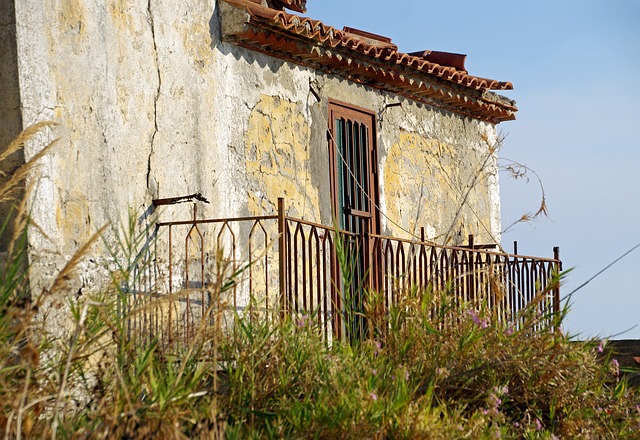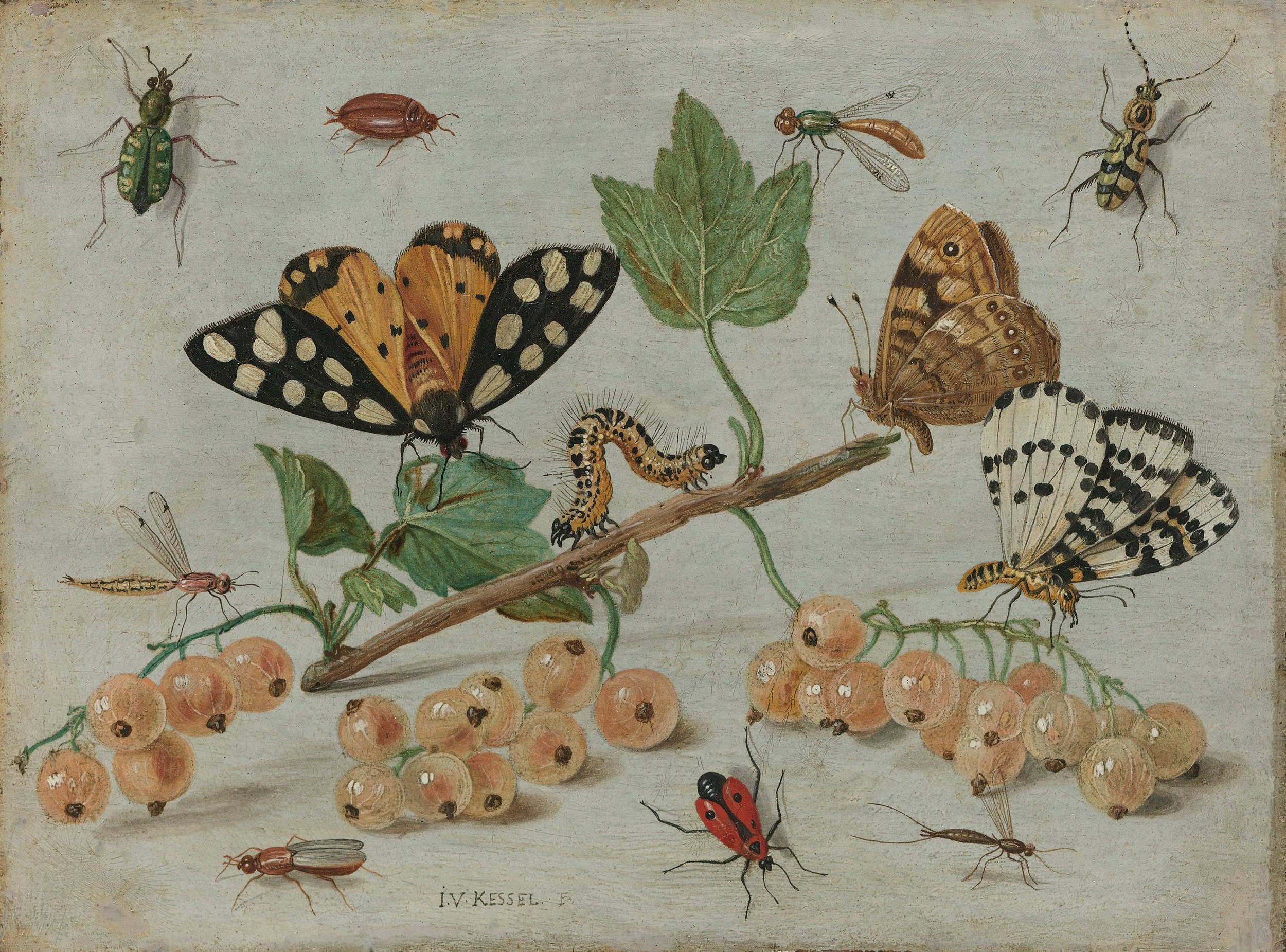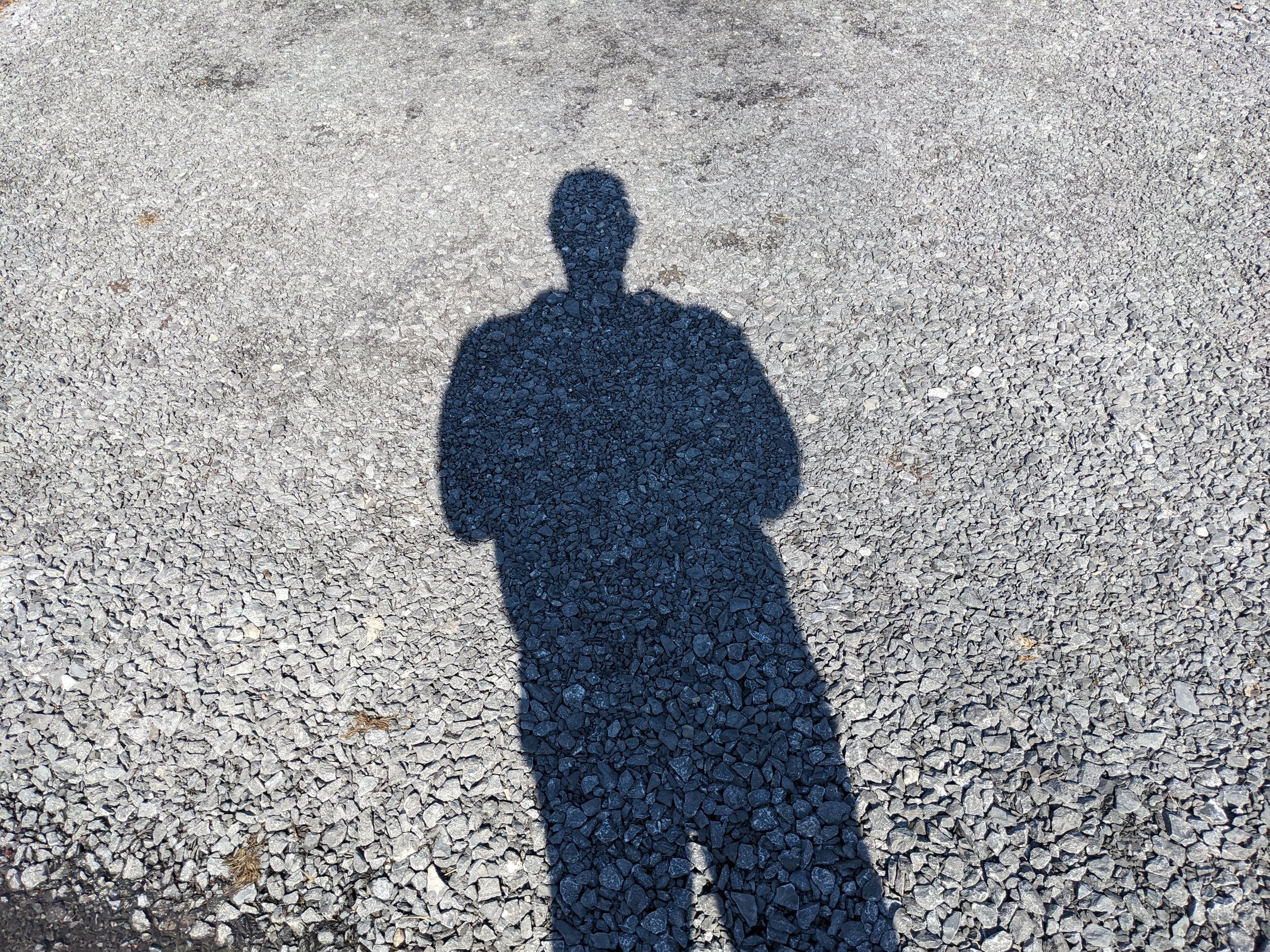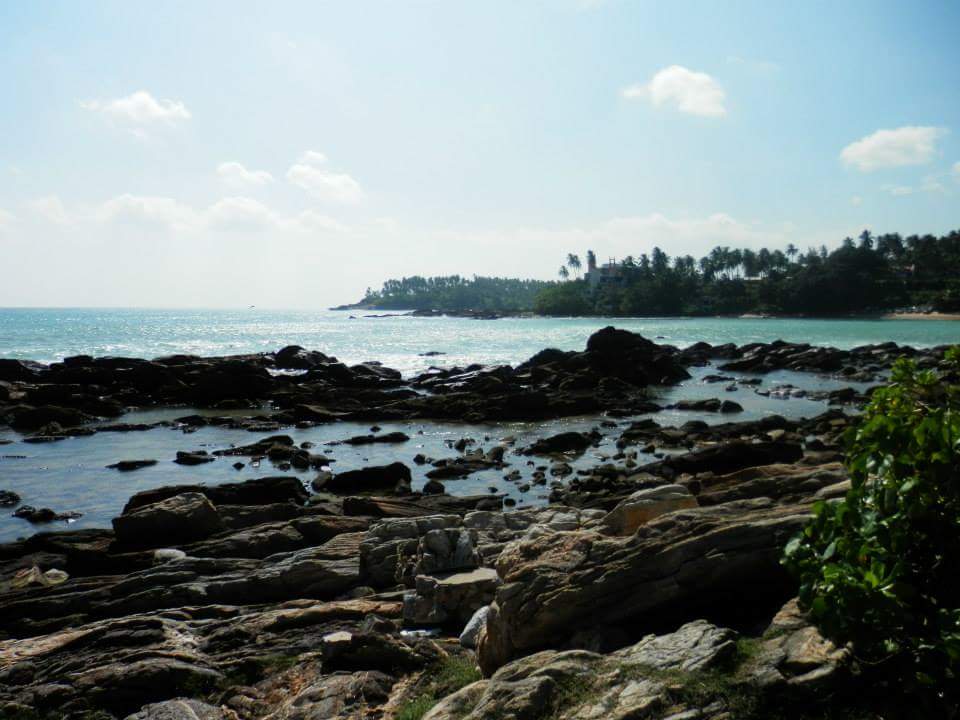Caccata

CACCATA
Calabrian dialect, Southern Italy, adjective.
Vulgar, arrogant, shit.
In our family, to be “caccata” is to exhibit a character trait that is reviled in others and should be avoided, at all costs, in ourselves. The word originated in the Calabrese dialect of Southern Italy, where my mother was born. I asked her to translate.
“Annoying,” she said. “Obnoxious. Oh, Jesus! I can name a hundred different people and they are all caccati in different ways. But they all rub you the wrong way. It’s grating, show-offy, boastful, cutesy.” Caccata comes from the verb caccare, “to shit,” and when you are caccata, you are full of it. Shit, that is.
A few of the hundred different people whom my mother has deemed caccati: the woman who, after her dog shit on my mother’s lawn, insisted in a baby voice that he was “really such a good boy”; the man who asked unnecessary questions about gifted programs at back-to-school nights; Gwyneth Paltrow.
For me, caccata bridges Mongrassano, the mountaintop village in Calabria that my mother left with her family in 1956, and Long Island, where I grew up in a two-family house with my parents, sisters, and grandparents who spoke only their local Calabrese dialect.
A faithful transcription of a conversation with my grandmother, circa 1991:
Me, saying goodbye as I left for school: “Ciao.”
Her: “OK. Stat’attiendu, ca ti chiappa ‘ngunu.”
Translation: “Be careful, somebody might kidnap you.”
Maybe in Mongrassano, that ‘ngunu might chiappa me might have once been a real possibility. Calabria, in many ways, is the opposite of flat, suburban Long Island, where across wetlands and shimmering barrier beaches you can see the Manhattan skyline. Mongrassano, instead, is remote, arid, and scarred by earthquakes and malaria, to name just two of its historical plagues. Calabria remains one of the poorest regions in Italy. Many of its sleepy, hinterland villages have been depopulated by mass emigration and corroded by corruption, brigandage, and, more recently, the ‘Ndrangheta.
What does this have to do with caccata? Southern Italy has been the object of onslaughts throughout its history, by Romans, Goths, Normans, and more recently, a right-wing political party, the League (and this is not an exhaustive list). Each group plundered whatever good was to be found in its adopted hardscrabble home: the fruits of farms, the land itself, art from far-flung monasteries. Each also, in its own way, exploited the people—their faith, their toil, or their votes. In the aftermath of these invasions, locals were left to fiercely guard whatever scraps remained. The Calabrese, as a result, have developed a deep skepticism toward the world outside their villages.
“To be skeptical, and to wield the term caccata, is to defend against this loss: to see past the sheen of Roman gold, the gleam of the broad, blond Norman, or the aggressive precision of the suburbanite’s perfectly shorn lawn.”
I am sure my grandmother knew that there was (probably) no kidnapper lying in wait for me on Long Beach Road. Rather, she thought that once I left her sight, I was disappearing into a strange, unknowable world, and she would eventually lose me to it. To be skeptical, and to wield the term caccata, is to defend against this loss: to see past the sheen of Roman gold, the gleam of the broad, blond Norman, or the aggressive precision of the suburbanite’s perfectly shorn lawn.
I have been to Mongrassano a few times. The night before my first visit, my family and I ate dinner al fresco in Cosenza, a nearby city. Beyond us, the sky and the looming mountains were perfect black, except for little bursts of fire scattered along the invisible ridgelines, where the grass was so dry it had ignited.
Tomorrow, I imagined, would be like tonight. It would feel like home: talking around an oilcloth-covered table, eating pasta with hot pepper, soppressata, and fried balls of eggplant or rice (my favorite), and drinking red wine. The foods that my grandmother had given us in between helpings of Devil Dogs or meat loaf that we would eat elsewhere. We even drank red wine as kids, blood red drops in jelly glasses of ginger ale.
The next day, our driver arrived and took us into the mountains, where everything looked parched—patches of black, burnt earth punctuated yellow swaths of grass on the slopes. Little hamlets clung to peaks across the Crati valley, which was dotted with chestnut groves, abandoned farmsteads, and clusters of fichi d’India cactus.
I realize that saying “our driver” is a little caccata. I get that, OK? But no American can handle those roads in a spluttering Fiat.
We emerged, shaky-kneed, from our car in Mongrassano’s central piazza, where two sisters, friends of my grandmother when she was young, met us and led us back to their home. Marianna, Leonora, and my grandmother ran their homes and raised their children together in the years between the World Wars when their husbands lived abroad, as many Southern Italian men did, as migrant workers or soldiers in Africa or South America. As we walked, Marianna hooked her arm in mine, and touched my face.
“I’d like to light a candle for my grandmother in the church,” I said to her. “Can we stop in?”
“When you call someone caccata, my mother explained, “you are saying, ‘don’t think too highly of yourself.’ When you are the person coming back from abroad, they don’t want to really engage in what you think of as your success.”
“No,” she told me, looking past me across the piazza at the church, La Congrega. Someone had recently broken in, she said, and stolen a statue. The doors were locked, save for Mass, to guard whatever art remained, including the doors themselves, made of ornately carved wood. When I asked her if we could find the priest to let us in, I was met again with no, and distracted with lunch instead. Marianna’s kitchen table was loaded with provolone, wild boar, homemade bread, pasta and fresh tomatoes, figs, and (hurray) rice balls.
During my next visit a few years later, after my grandmother had died, I sat outside with Marianna and Leonora, in the little circular space, or gijtonia, between their houses and my grandmother’s. I was newly married and had brought my wedding album, filled with photos of me encased in white tulle, puffs of blue hydrangea, and a cloudy New York skyline, but the women, as much as they cared for me and my grandmother’s memory, looked at it only desultorily.
Oh no, I thought, going red. Flaunting that album might have been caccata.
When you call someone caccata, my mother explained, “you are saying ‘don’t think too highly of yourself.’ When you are the person coming back from abroad, they don’t want to really engage in what you think of as your success.”
That is just it: caccata does not demean success, but what we think of as our success. In this case, that means whatever our family has collectively made of our lives as a result of leaving Mongrassano. Instead, the term pushes back against our calculations in how we present ourselves, illuminating what is best and leaving the rest in the shadows. It calls out the inauthenticity that lies in the gap between the truth about ourselves, and how we wish others to perceive us.
I wanted to belong in Mongrassano, but that couldn’t be. I was the invader now, I realized. At the end of each of my days there, I left scraps of boar and fig stems on Marianna’s table, and then departed, via driver, for easier terrain. Like the Romans or the Goths or some other band of historical caccati before me, I took the best bits, and left those who remained to clear the table.
And yet, though my grandmother is gone, and our family steps lightly across flat New York sidewalks without fear of capture, something about that place remains with me. It’s in that skeptical glance to my mother when we recognize something caccata, and in her tacit understanding. The old ways find new life, because there are always new ways to be caccata.
ABOUT THE AUTHOR
Jeanna Lucci Canapari is a freelance writer whose work has appeared on Salon.com and in an anthology published by Creative Nonfiction. A graduate of Columbia University and a Long Island native, she tells people from outside the tri-state area that she is from New York, and hopes they think she means the city, not the state. That's pretty caccata. You can find her on Twitter.
Header photo by Valter Cirillo










